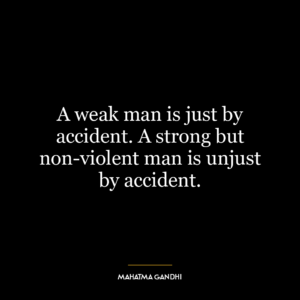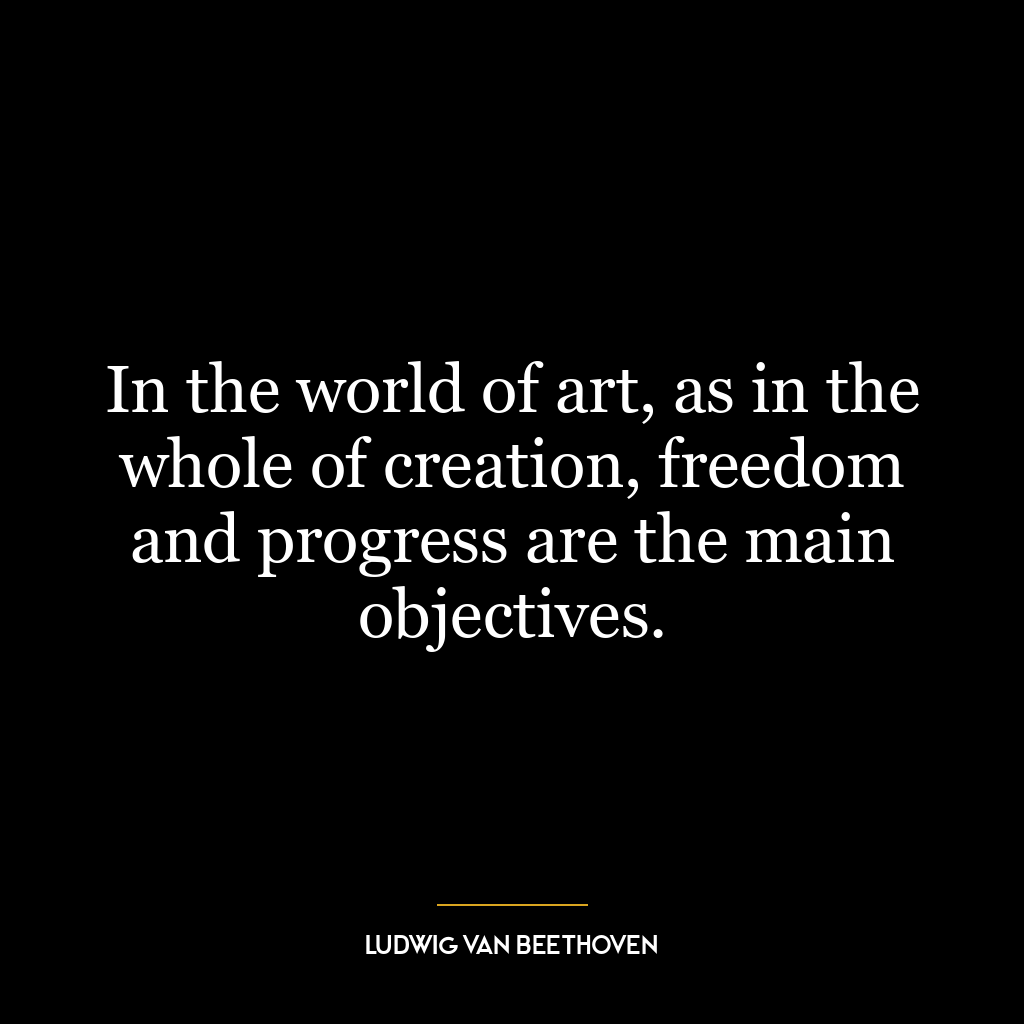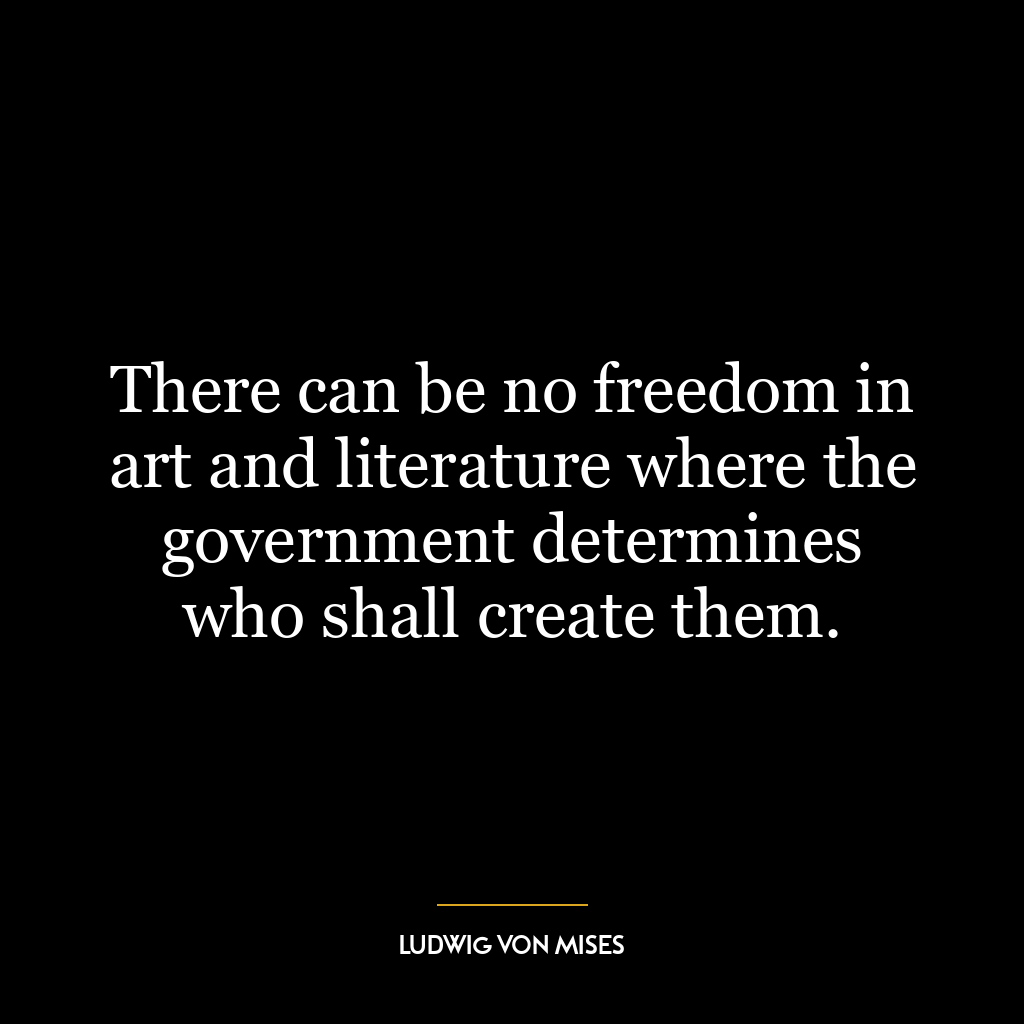There is no such thing as compulsion in the scheme of nonviolence.
The quote, “There is no such thing as compulsion in the scheme of nonviolence,” refers to the fundamental belief that nonviolence, as a philosophy and strategy, cannot be forced upon someone. It must be willingly adopted and practiced. The idea behind this is that true nonviolence comes from a place of understanding, empathy, respect for others’ rights and freedoms, and self-control. If one were to compel or force another individual to adopt nonviolent methods against their will or without their understanding of it, it would contradict the essence of nonvioliveness itself.
Nonviolence isn’t just about abstaining from physical violence; it also encompasses avoiding harm through words or thoughts. It’s rooted in respect for all forms of life and dignity. Therefore forcing someone into adopting this principle contradicts its core tenet because it disrespects personal freedom.
In today’s world where conflicts are rampant – whether on an international scale between countries or on a personal level in daily life – Gandhi’s philosophy holds significant relevance. Non-violent approaches can provide resolutions that respect every party’s rights while minimizing harm.
Let’s take social activism for example: Using peaceful means like dialogue instead of resorting to violent protests could lead to more constructive solutions while maintaining societal harmony. Similarly at workplaces: resolving conflicts through discussions rather than escalating them can foster better relationships among colleagues.
On a personal development level, embracing non-violence can help individuals become more patient, empathetic listeners who seek mutual understanding rather than trying to impose their views onto others aggressively. This approach not only reduces stress but also helps build healthier relationships with family members, friends and coworkers.
However implementing this principle requires conscious effort as our instinctual reactions often lean towards retaliation when confronted with aggression or injustice. Hence education about these principles from an early age could help cultivate these habits over time leading to societies built on mutual respect and peace.









